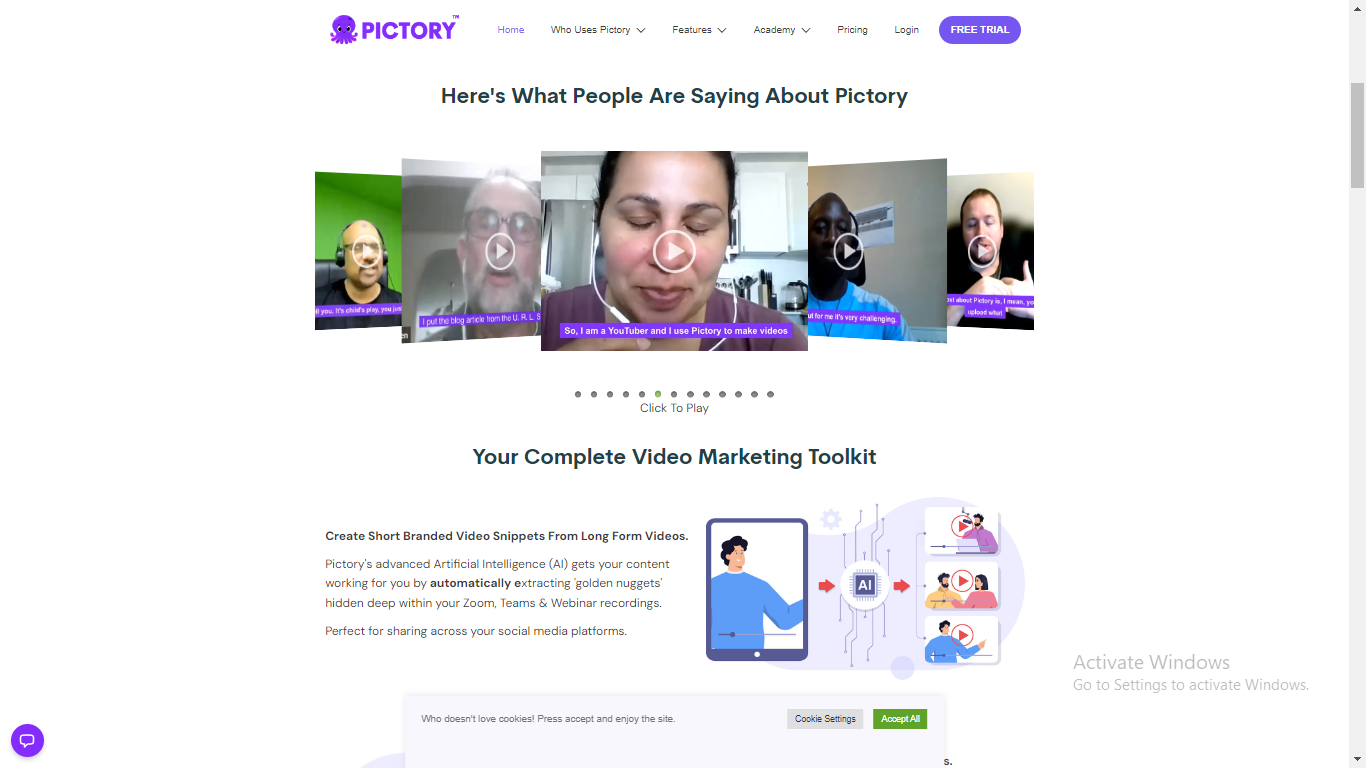Are you a fresher looking for your first job? Wondering how to make a resume? This blog is for you! In it, we will show you how to create a resume that will make you stand out from the crowd. We will also provide tips on how to improve your chances of getting the job you want. So read on and get started!

Start with a strong introduction
Your resume should start with a strong introduction that will capture the reader’s attention. This introduction can be a brief summary of your skills and experience, or it can be a brief overview of your education and work history. Whatever you choose, make sure it is well-written and easy to read.
Use a clear and concise format
Your resume should be easy to read and it should use a clear and concise format. This means using headings and subheadings to break up your information and using bullet points to list your skills and experience. This will make it easier for the reader to understand your resume, and it will also make it look more professional.

List your skills and experience
When listing your skills and experience, make sure to include as much information as possible. This includes your job titles, the company you worked for, and the dates you worked there. You should also list your skills and experience in a clear and concise manner so that the reader can easily understand what you have to offer.
Use a professional tone
Your resume should be written in a professional tone, and it should be free of any spelling or grammar errors. This will show the reader that you are a professional, and it will also make you look more credible.
Use keywords
When writing your resume, you should use keywords that will capture the reader’s attention. These keywords can be related to your skills and experience, or they can be related to the job you are applying for. By using keywords, you will make it easier for the reader to find your resume, and you will also increase your chances of getting selected for an interview.
Skills:
leadership, teamwork, communication, strategic thinking, problem-solving, analysis, decision-making, planning, organization, time management, budgeting, customer service, sales, marketing, human resources, information technology, software development




